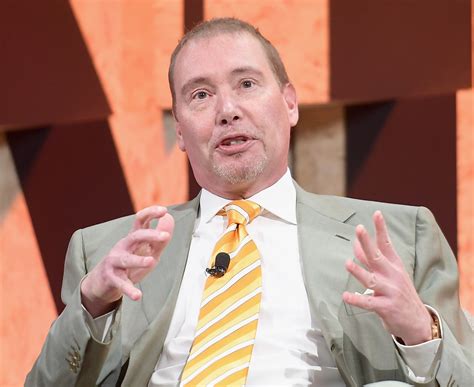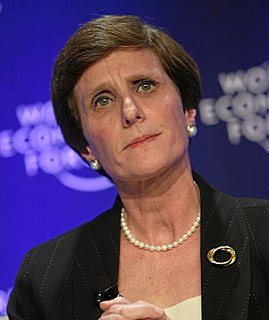A Quote by Richard Branson
As an entrepreneur, I have been known for taking risks throughout my career, but leaving the European Union is not one of the risks I would want the U.K. to take - not as an investor, not as a father, and not as a grandfather. I am deeply concerned about the impact of leaving.
Related Quotes
You can be entrepreneurial even if you don’t want to be in business. You can be a social entrepreneur focused on the not-for-profit sector. You can be an agriculture entrepreneur if you want to change how people think about farming. You can be a policy entrepreneur if you want to go into government. The idea of an entrepreneur is really thinking out of the box and taking risks and stepping up to major challenges.
When large companies take on risk, then they impose risks on the rest of the system. And these are systemic risks and these systemic risks we never used to think were really that important, but as soon as we recognize how the financial sector - the risks the financial sector takes on can impact the entire global economy, we realize that those risks needed to be controlled for the social good.
Ford is leaving. You see that, their small car division leaving. Thousands of jobs leaving Michigan, leaving Ohio. They're all leaving. And we can't allow it to happen anymore.As far as child care is concerned and so many other things, I think Hillary Clinton and I agree on that. We probably disagree a little bit as to numbers and amounts and what we're going to do, but perhaps we'll be talking about that later.
The trouble is that the risks that are being hedged very well by new financial securities are financial risks. And it appears to me that the real things you want to hedge are real risks, for example, risks in innovation. The fact is that you'd like companies to be able to take bigger chances. Presumably one obstacle to successful R&D, particularly when the costs are large, are the risks involved.


































